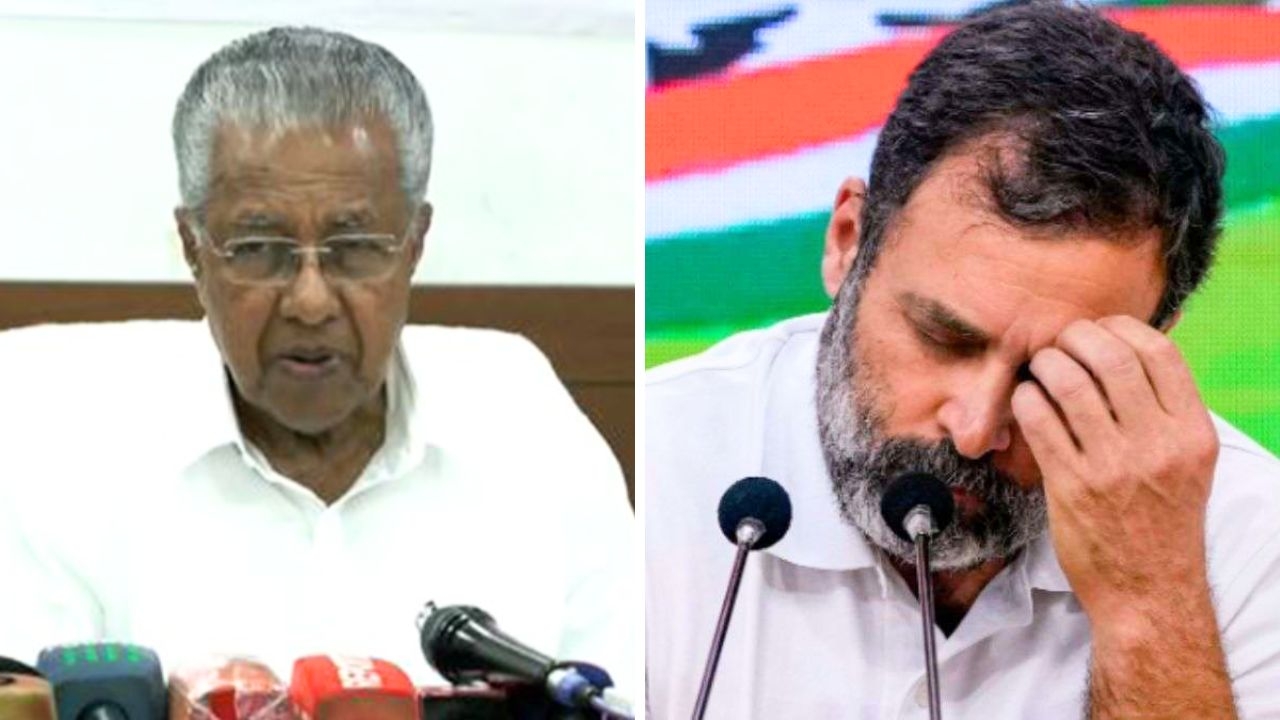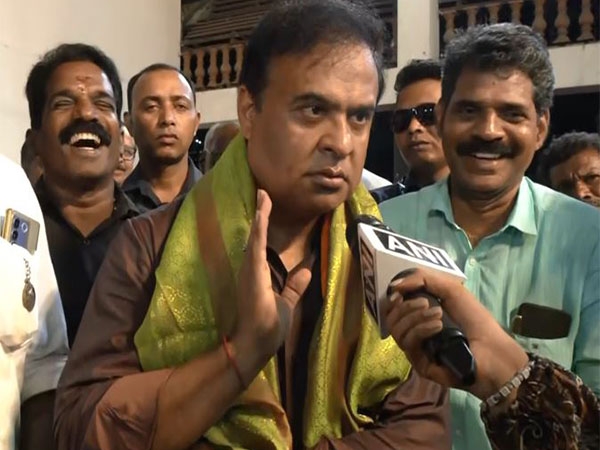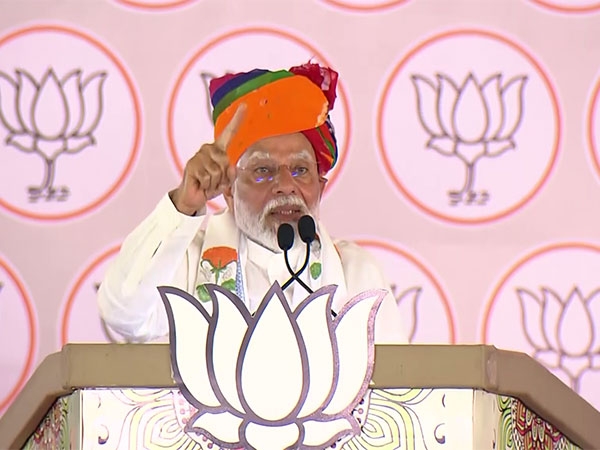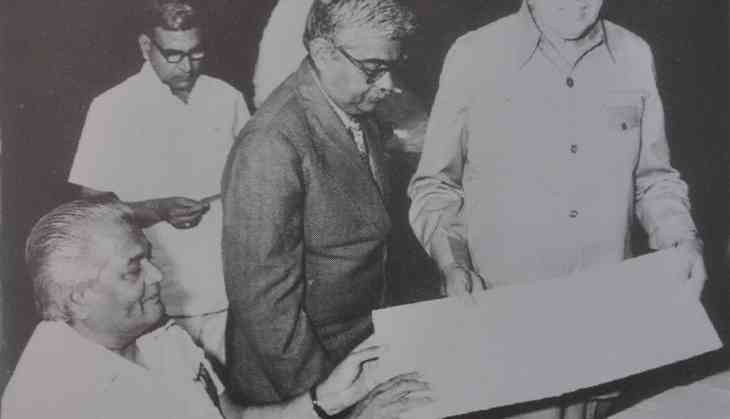
Rajasthan's State Bird, Great Indian Bustard(GIB) continues to face most delirious plight: less than 100 survive in the world and 98 per cent are in the desert region, to be precise, within Jaisalmer district.
A meeting of experts was convened at Jaipur on 28 April 2017 to finally decide how to better conserve the critically endangered species. The same afternoon Chief Minister Vasundhara Raje received these experts in her office and declared that conservation breeding centres would be set up at Sorsan (Kota) and Jaisalmer. The decision was hailed by all.
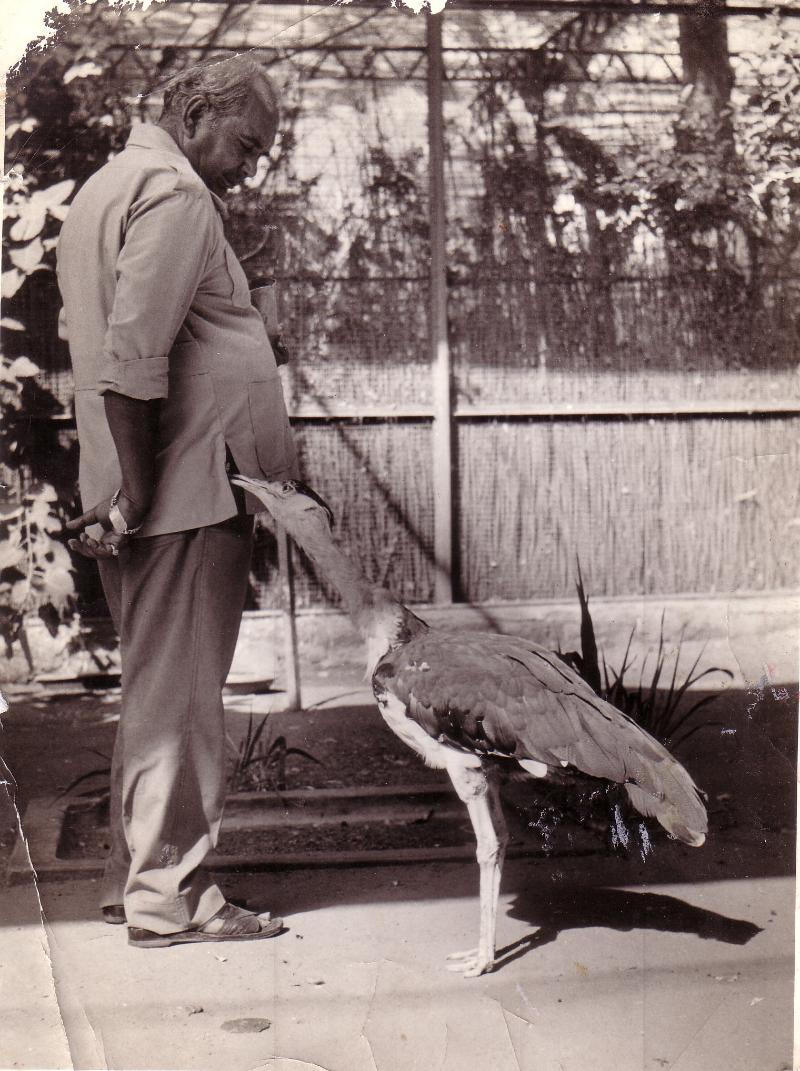
Now it is revealed that the decision has not been implemented so far despite all parties having agreed to it. More than Rs 20 crore have even been allocated to Wildlife Institute of India(WII), Dehradun to commence work. It is waiting for clearance to put satellite transmitter over one Bustard. Mortality of the birds continues across Jaisalmer's landscape. The Forest Department alone is unable to mop up positive deals for the bird since development factors dog its recovery process.
A few will recall that Bustard breeding was experimented by Y.D. Singh at Jodhpur Zoo during early 80s (photo published here). He was singularly responsible to catch wild birds and maintain them at Bikaner and Jodhpur zoos. Some birds were housed at Jaipur Zoo when international symposium on bustards was held here in November 1980. It is history now as no zoo claims to house a bustard!
It needs to be outlined that K.C.Kulish, the founder Editor of Rajasthan Patrika, was responsible for giving a definite shape to bustard conservation when he was president of Tourism & Wildlife Society of India(TWSI), an agency responsible for conservation of the wild then. A postal stamp was released on this species by him (see the photo) along with Balram Jakhar, the then Speaker of the Lok Sabha.
In his prelude to "Bustards In Decline" (Paul D. Goriup and Harsh Vardhan), Shri Kulish scripted an optimistic note on how non-government sources would continue to support government decisions to strike an appropriate balance for conservation. Using his editorial privilege, he also struck a warning: "For whom the bell tolls; it tolls for thee." Is it not a reference to today's decision-makers, found disinterested to accord protection to a species facing threat of extinction.
Also Read:Kerala: Did a Congress faction help BJP's Rajagopal win Nemam?
First published: 12 November 2018, 19:15 IST


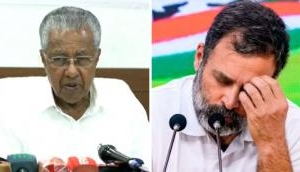
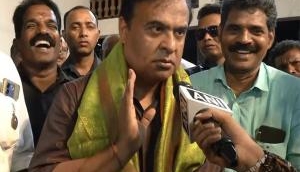
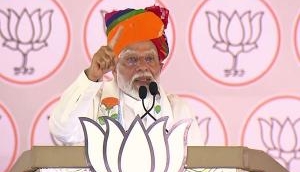


![BJP's Kapil Mishra recreates Shankar Mahadevan’s ‘Breathless’ song to highlight Delhi pollution [WATCH] BJP's Kapil Mishra recreates Shankar Mahadevan’s ‘Breathless’ song to highlight Delhi pollution [WATCH]](http://images.catchnews.com/upload/2022/11/03/kapil-mishra_240884_300x172.png)

![Anupam Kher shares pictures of his toned body on 67th birthday [MUST SEE] Anupam Kher shares pictures of his toned body on 67th birthday [MUST SEE]](http://images.catchnews.com/upload/2022/03/07/Anupam_kher_231145_300x172.jpg)


